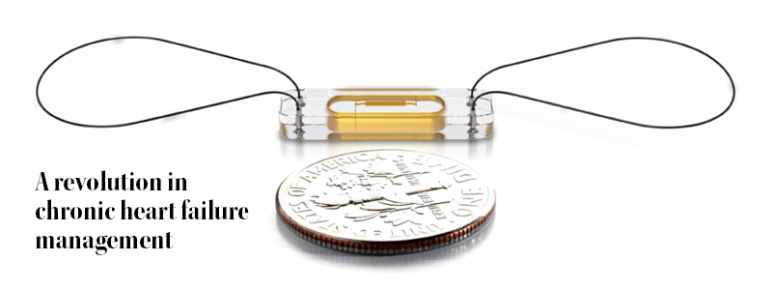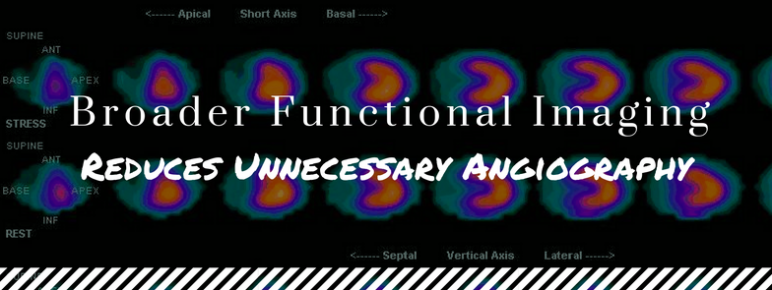Despite relatively few strong research studies supporting methodologies for improving adherence to medications for patients with heart failure, Medtronic's recent press release suggests their cardiac resynchronization therapy (CRT) implants might do the trick.
Medtronic accounced results of a retrospective analysis of administrative claims data of more than 4,500 patients with heart failure at the 2016 Heart Failure Society of America Scientific Meeting, Monday.
The analysis found that the number of patients "fully compliant" to a regimen of guideline-recommended medications "nearly doubled" at twelve months following CRT implants compared to those who did not receive implants.



